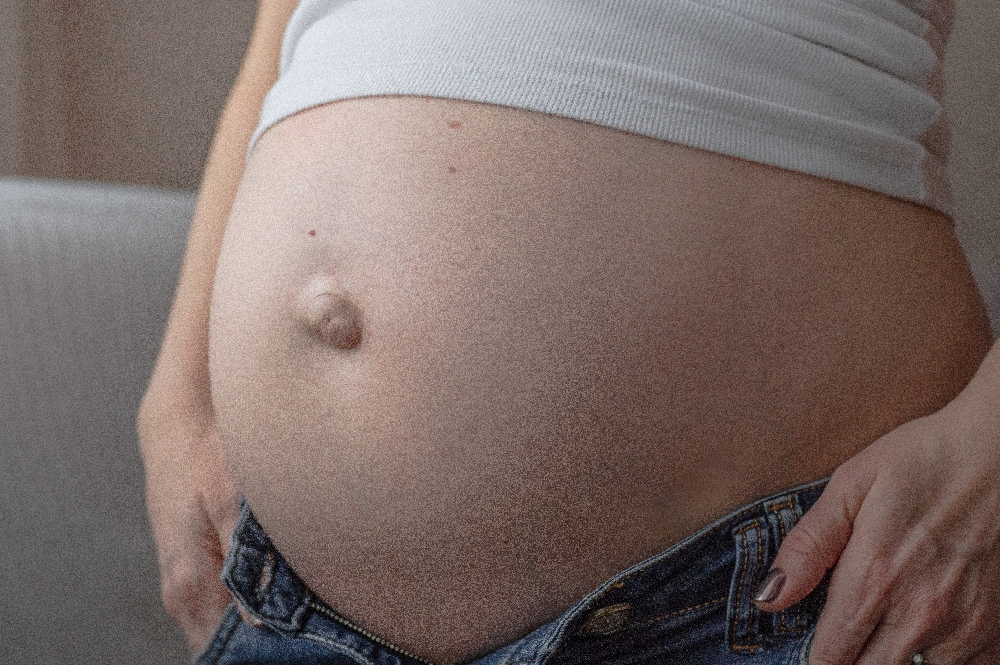Giving birth is a beautiful process and an even magical experience, but you know what’s even more phenomenal? The fact that you will be carrying the baby.
Before planning your pregnancy, remember that it would be a different experience for your body and hence, it needs to be prepared accordingly.
What is a high-risk pregnancy?
Heard about the pregnancy complications? The pregnancy is considered to be high-risk if the doctor finds more-than-normal chances of experiencing complications in the fetus, baby or both.
What causes it?
While a high-risk pregnancy is usually associated with a past medical condition present before pregnancy, many lifestyle choices and routine habits can also put you or your baby at risk.
According to a research study based on lifestyle factors and reproductive health, choices like nutrition, exercise, weight management, smoking, etc., are known to impact your fertility. Other causes include the complications that develop during the pregnancy period, a history of complicated pregnancy, age and so on.
Can a high-risk pregnancy be avoided?
Whether a high-risk pregnancy can be prevented depends on what’s causing it. Complications, including thyroid disease, epilepsy, heart or blood disorders, and poorly managed Asthma, require the mother to be extra careful. In case you have a history of suffering from a physical or a mental health condition, be sure to consult your doctor before planning a baby.
Are lifestyle changes responsible for causing a complicated pregnancy treatable?
The good part is, yes. Making a few changes in your routine habits can lower your chances of having a difficult and high-risk pregnancy. Remember, your lifestyle habits can significantly impact your fertility and the health of the baby once you conceive.
Ways To Prevent A High-Risk Pregnancy
All that advice and suggestions on how to prepare your body for a healthy conception are getting overwhelming, aren’t they?
Don’t worry; We got you!
Read these simple tips on how you can get your body baby-ready and reduce the chances of pregnancy complications.
1. Say a big ‘NO’ to substance abuse
From indulging in drugs or cigarettes to drinking alcohol, it’s a big no if you are planning to conceive in the near future. Not only indulging in substance abuse is known to increase the chances of experiencing a miscarriage, but it might also result in premature delivery.
2. Plan your Pre-pregnancy diet chart in advance
Maintaining a healthy diet before you plan to conceive is extremely important. Start by including a variety of fresh fruits and vegetables like cabbage, broccoli, pears, peaches and so on. Also, make sure to stock low-fat dairy products (milk and yogurt) and grain cereals like wheat, rice and oats. Other essential minerals include:
- Iron (cereals, spinach or lean meats like chicken)
- Calcium (cheese, milk)
- Folic acid (400 mg daily)
- Protein (nuts, seeds, chicken)
To know more about the pre-pregnancy diet, read this blog- Pre-Pregnancy Diet: 5 Foods To Boost Fertility
3. Maintain a healthy weight
Did you know that your body weight before conceiving the baby has a direct impact on your baby’s weight at their birth? So, what is good, being overweight or underweight? The answer is neither.
While being overweight can result in high blood pressure, being under the ideal weight can result in weak and low birth-weight babies. Make sure to consult your doctor to know whether you should gain or lose weight before trying to conceive.
4. Stay aware
This is one of the basic yet crucial tips to keep in your mind for having a healthy pregnancy. As soon as you plan to conceive, start keeping yourselves updated. Explore authentic sources for consuming information on routine habits during the pre-pregnancy stage. Consult your doctor and ask questions if your childbearing age is ideal for giving birth to a healthy baby. If not, know the complications involved and how you can make them treatable.
5. Frequent prenatal check-up sessions
Prenatal care is considered to be quite beneficial in reducing the chances of high-risk pregnancy. While your doctor would schedule frequent appointments once you’re pregnant, prenatal check-ups are equally important for evaluating if your body is healthy enough to conceive and sustain a pregnancy without any risks.
Conclusion
While the medical conditions underlying a high-risk pregnancy might not be in your control, you can lower the risk of complications, if any, by following the above-mentioned tips and bringing the required lifestyle changes for a healthy pregnancy experience. Remember, these little steps can make a big difference to you and your baby.






